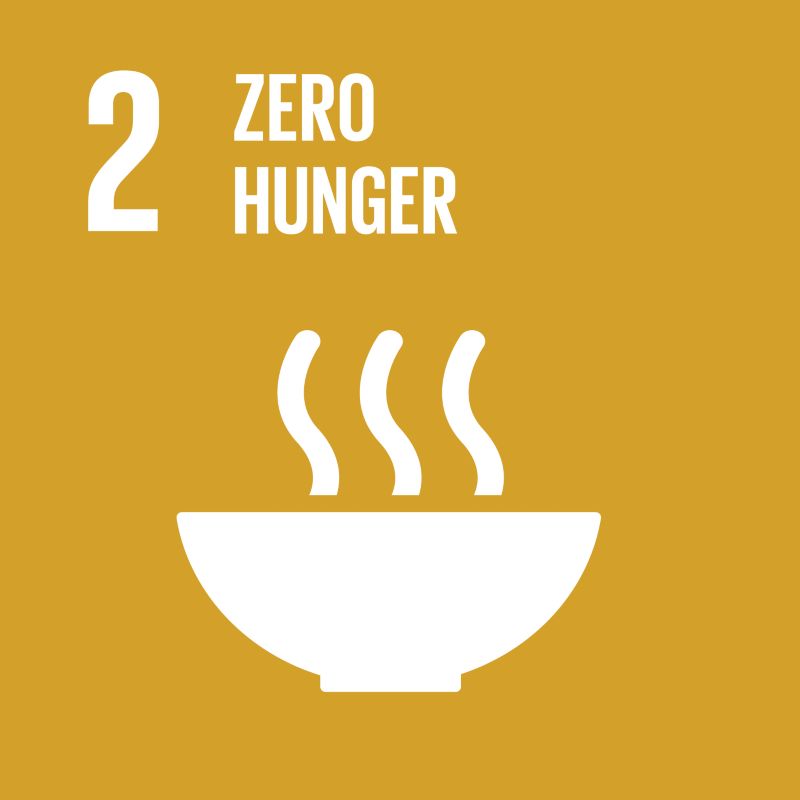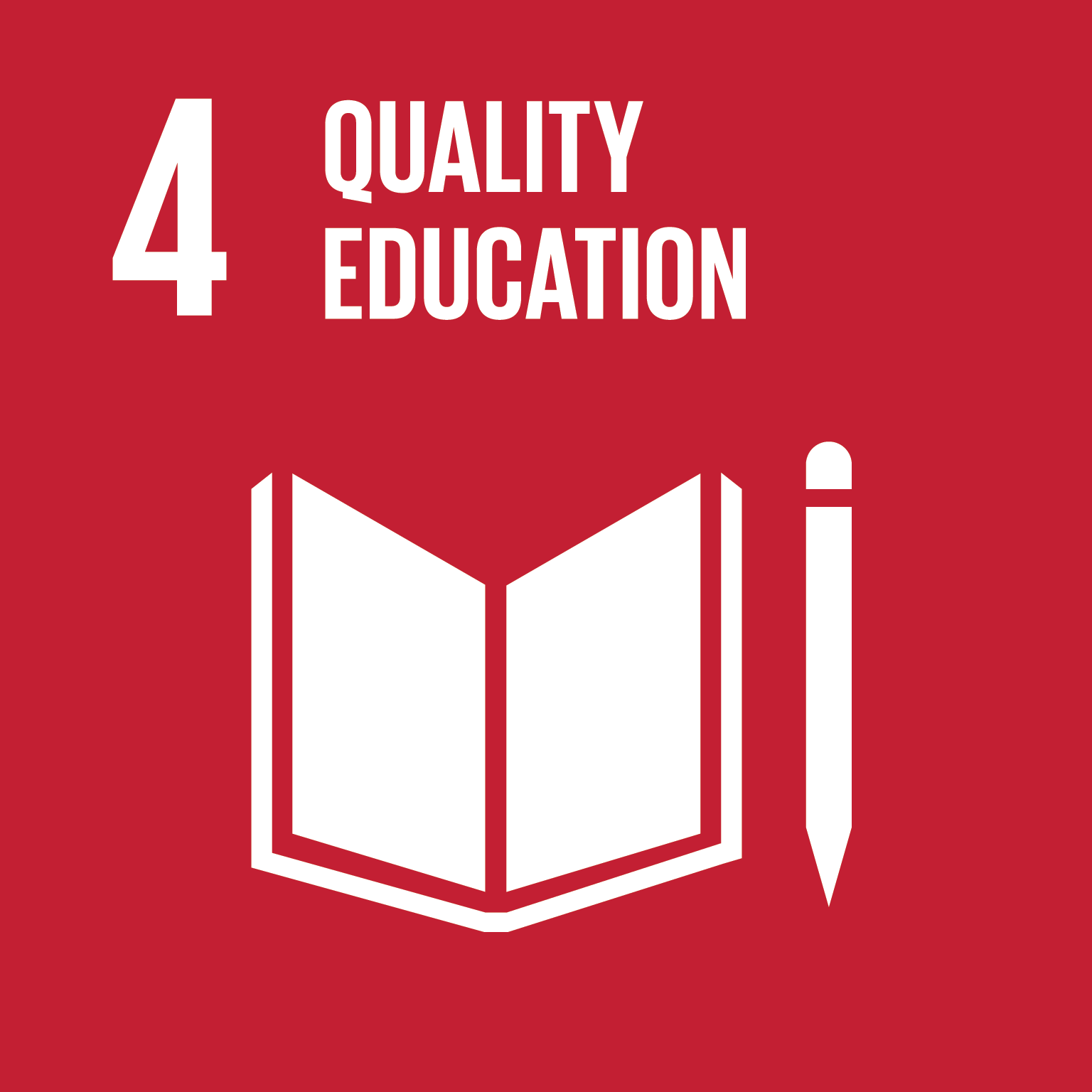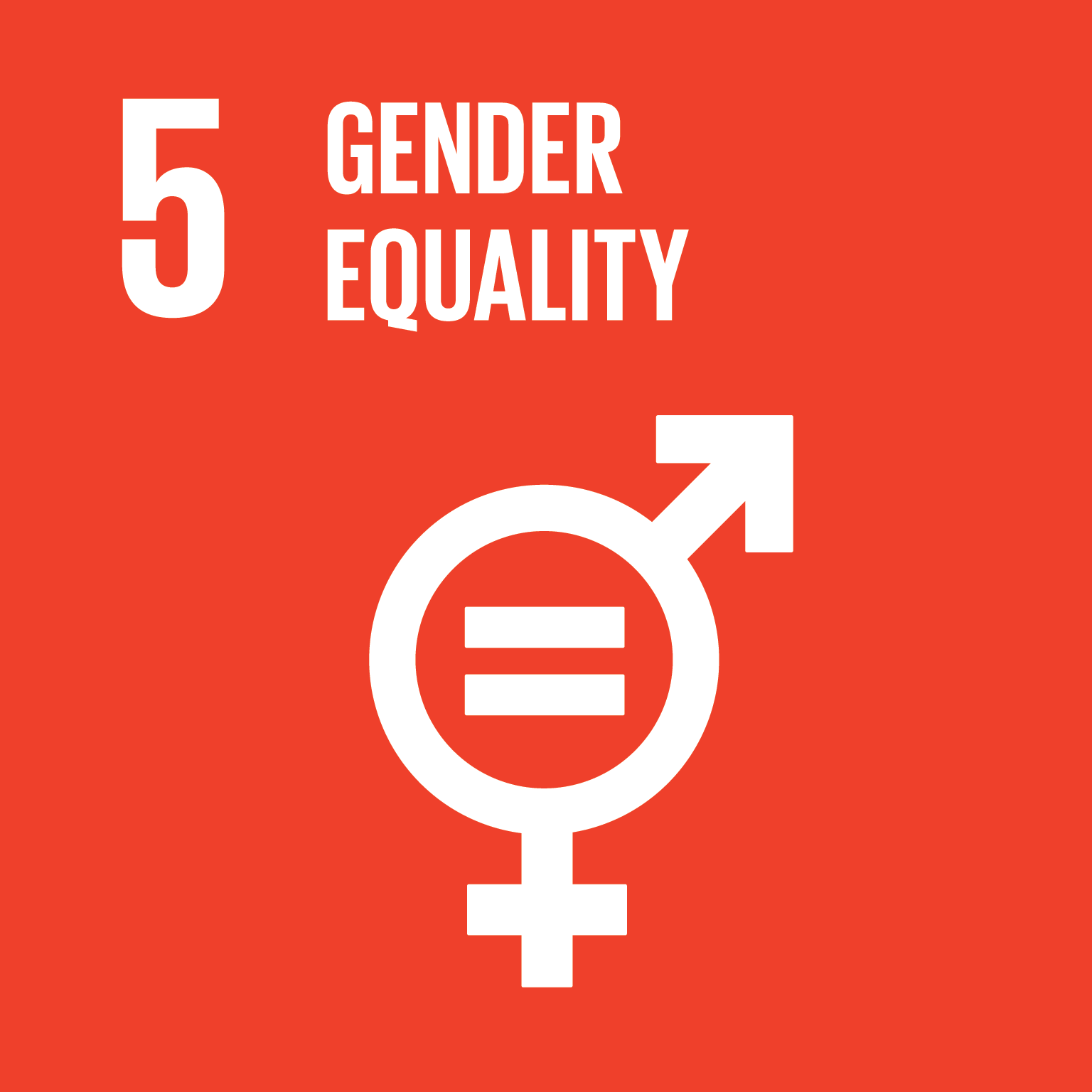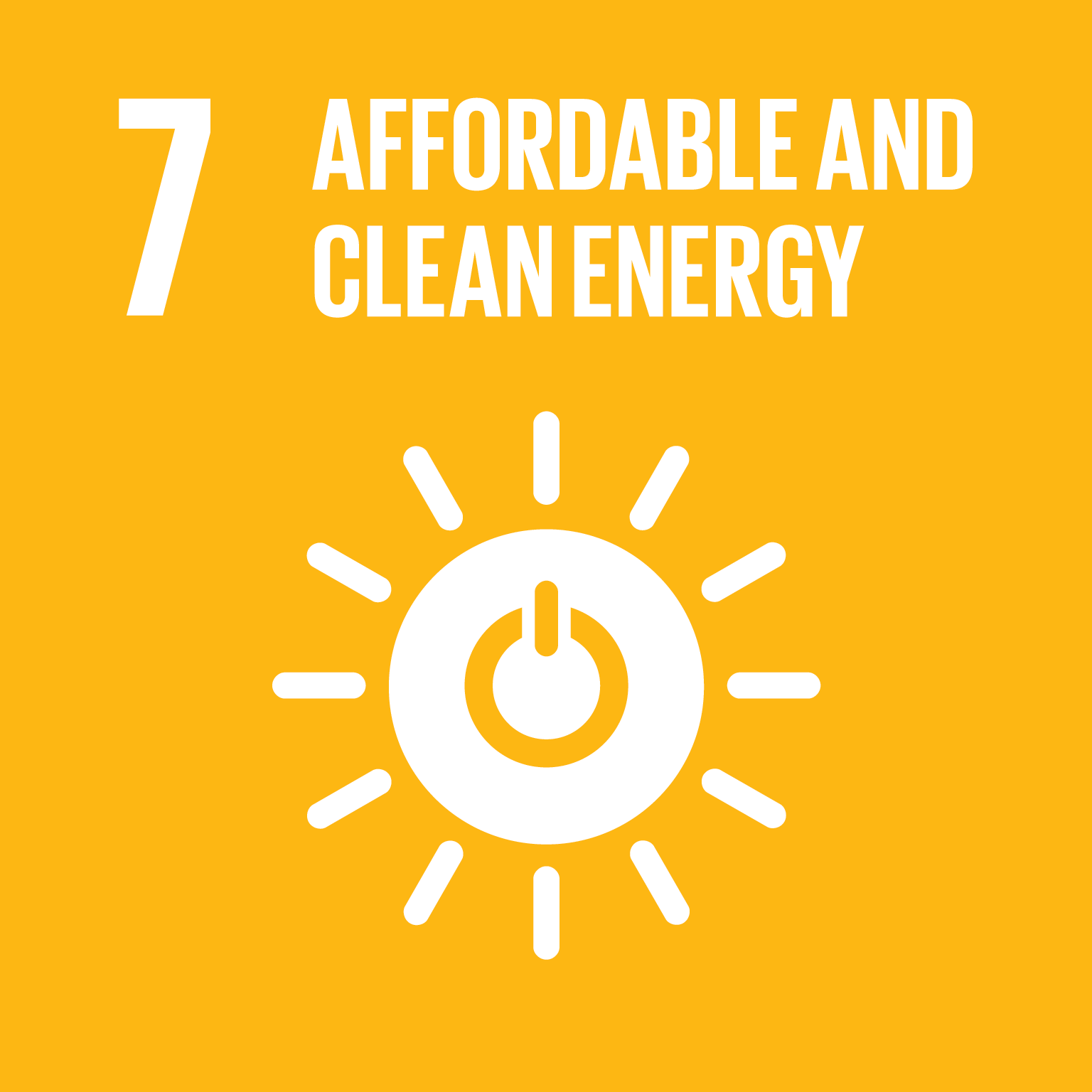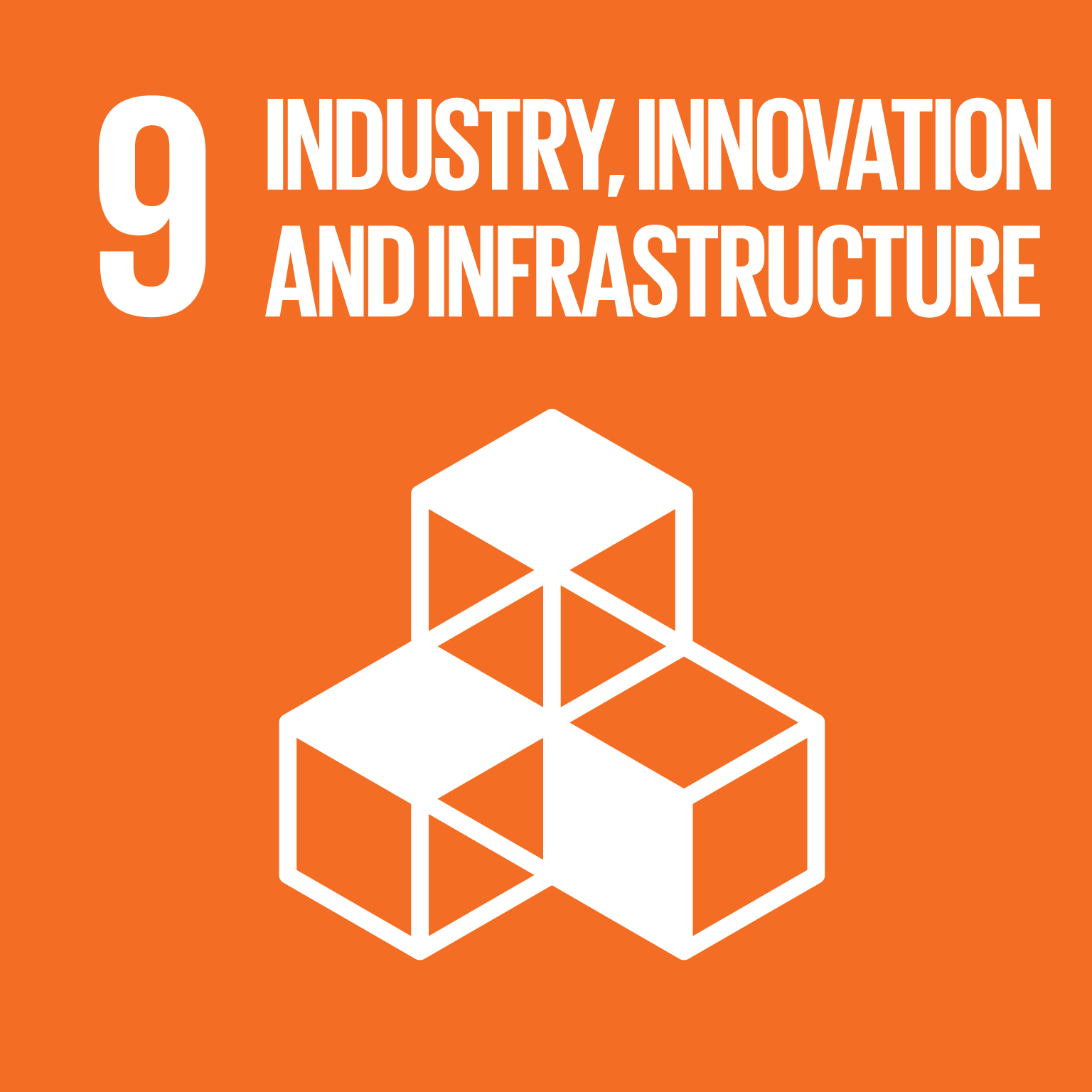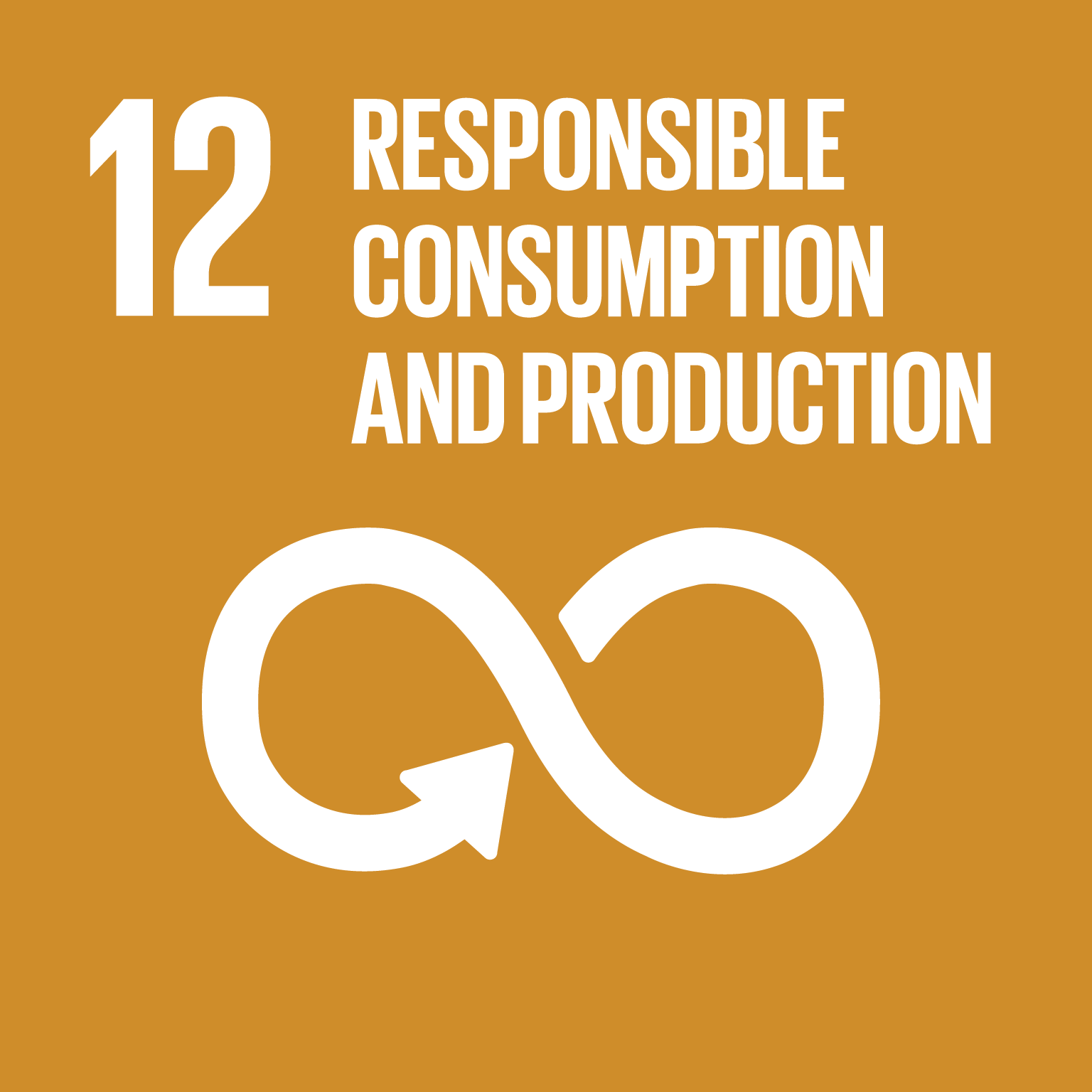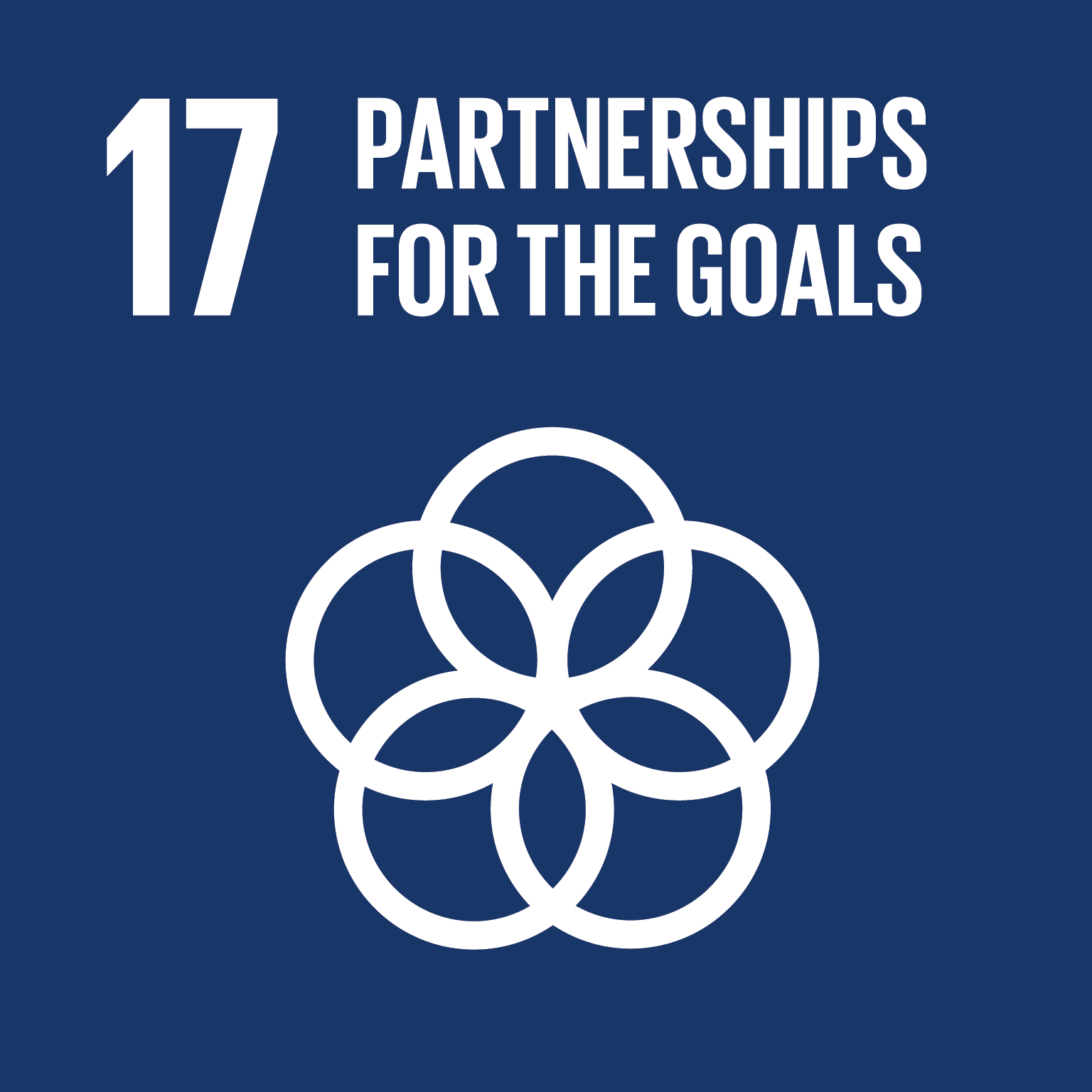Nanotechnologies – the purposeful engineering of matter close to the atomic or molecular scale – have given rise to great expectations in recent years, unlocking new research opportunities in areas as diverse as energy, healthcare, electronics, food, and construction.
At the same time, concerns have been raised about possible unintended consequences of the use of nanomaterials. GoNano is an EU-funded project that enables co-creation between citizens, civil society organisations, industry, researchers, and policy makers across Europe to align future nanotechnologies with societal needs and concerns. It aims to demonstrate how researchers can work with publics and professional stakeholders to create novel suggestions for future nanotechnology products.
The goals are to co-create concrete product suggestions within the areas of food, health, and energy; illustrate new opportunities for innovation; and develop policy recommendations.
Project timeline: 2017 - 2020
Key contributors: Craig Richmond, Boaz Kogon, Paul Wright, Bryce Feltis and Arnan Mitchell
Find out more: GoNano website
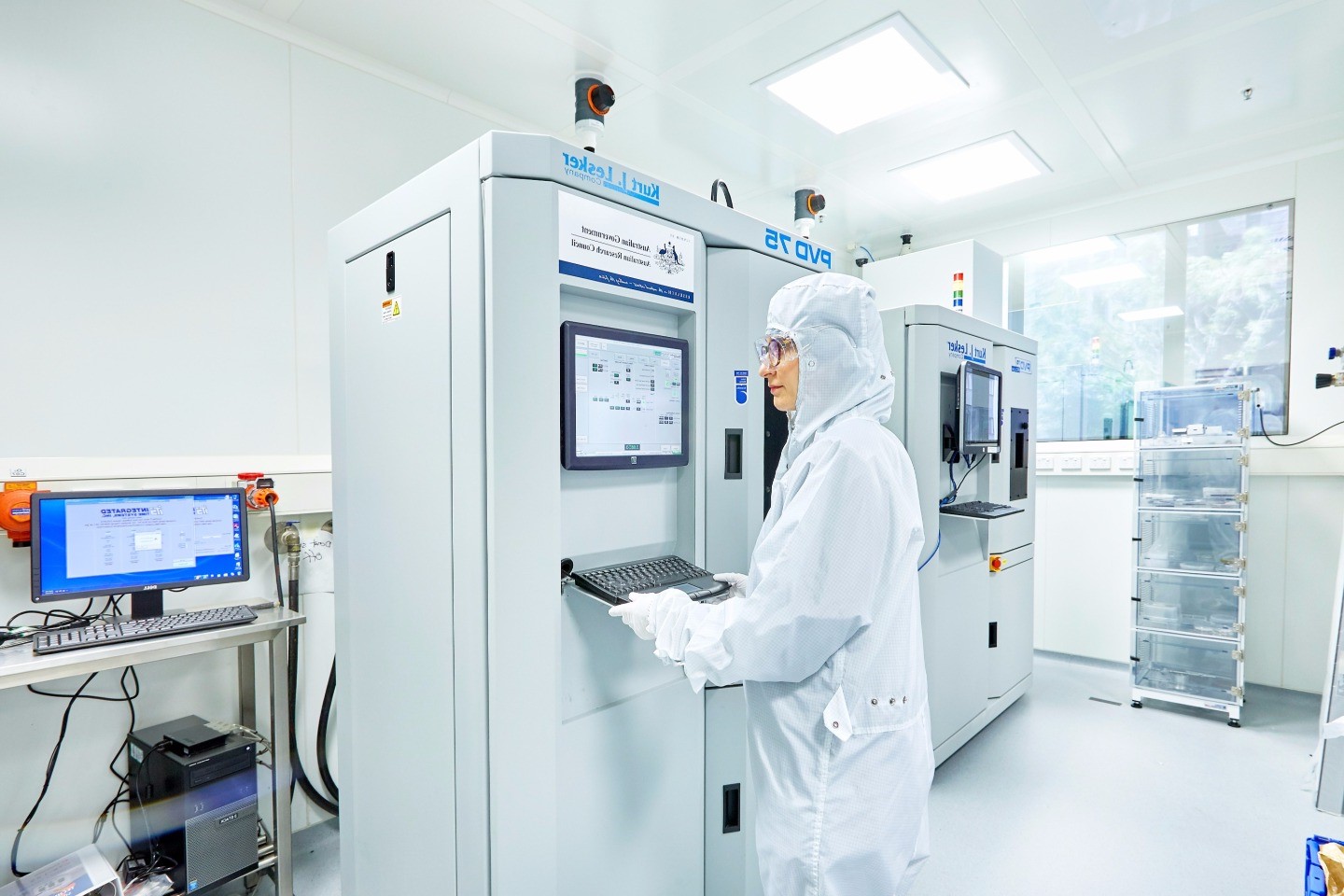
This project addresses the following Sustainable Development Goals and Targets:
2.4 By 2030, ensure sustainable food production systems and implement resilient agricultural practices that increase productivity and production, that help maintain ecosystems, that strengthen capacity for adaptation to climate change, extreme weather, drought, flooding and other disasters and that progressively improve land and soil quality
4.7 By 2030, ensure that all learners acquire the knowledge and skills needed to promote sustainable development, including, among others, through education for sustainable development and sustainable lifestyles, human rights, gender equality, promotion of a culture of peace and non-violence, global citizenship and appreciation of cultural diversity and of culture’s contribution to sustainable development
5.b Enhance the use of enabling technology, in particular information and communications technology, to promote the empowerment of women.
5.c adopt and strengthen sound policies and enforceable legislation for the promotion of gender equality and the empowerment of all women and girls at all levels
7.a By 2030, enhance international cooperation to facilitate access to clean energy research and technology, including renewable energy, energy efficiency and advanced and cleaner fossil-fuel technology, and promote investment in energy infrastructure and clean energy technology
9.5 Enhance scientific research, upgrade the technological capabilities of industrial sectors in all countries, in particular developing countries, including, by 2030, encouraging innovation and substantially increasing the number of research and development workers per 1 million people and public and private research and development spending
12.2 By 2030, achieve the sustainable management and efficient use of natural resource
12.6 encourage companies, especially large and trans- national companies, to adopt sustainable practices and to integrate sustainability information into their reporting cycle
17.6 Enhance North-South, South-South and triangular regional and international cooperation on and access to science, technology and innovation and enhance knowledgesharing on mutually agreed terms, including through improved coordination among existing mechanisms, in particular at the United Nations level, and through a global technology facilitation mechanism
17.16 Enhance the Global Partnership for Sustainable Development, complemented by multi-stakeholder partnerships that mobilize and share knowledge, expertise, technology and financial resources, to support the achievement of the Sustainable Development Goals in all countries, in particular developing countries
17.17 Encourage and promote effective public, publicprivate and civil society partnerships, building on the experience and resourcing strategies of partnerships

Get in touch
For more information or to discuss partnership and collaboration opportunities, email us at SDGs@rmit.edu.au.
For more information about RMIT’s sustainability commitments and activities visit www.rmit.edu.au/sustainability
